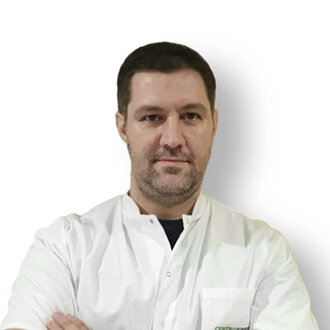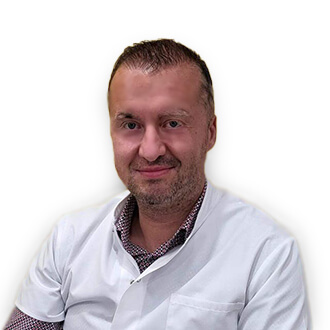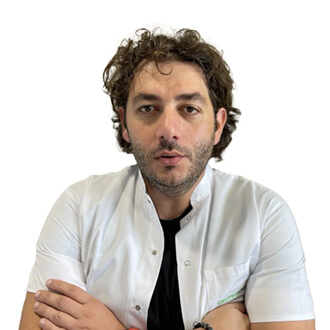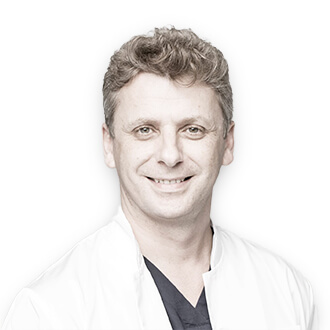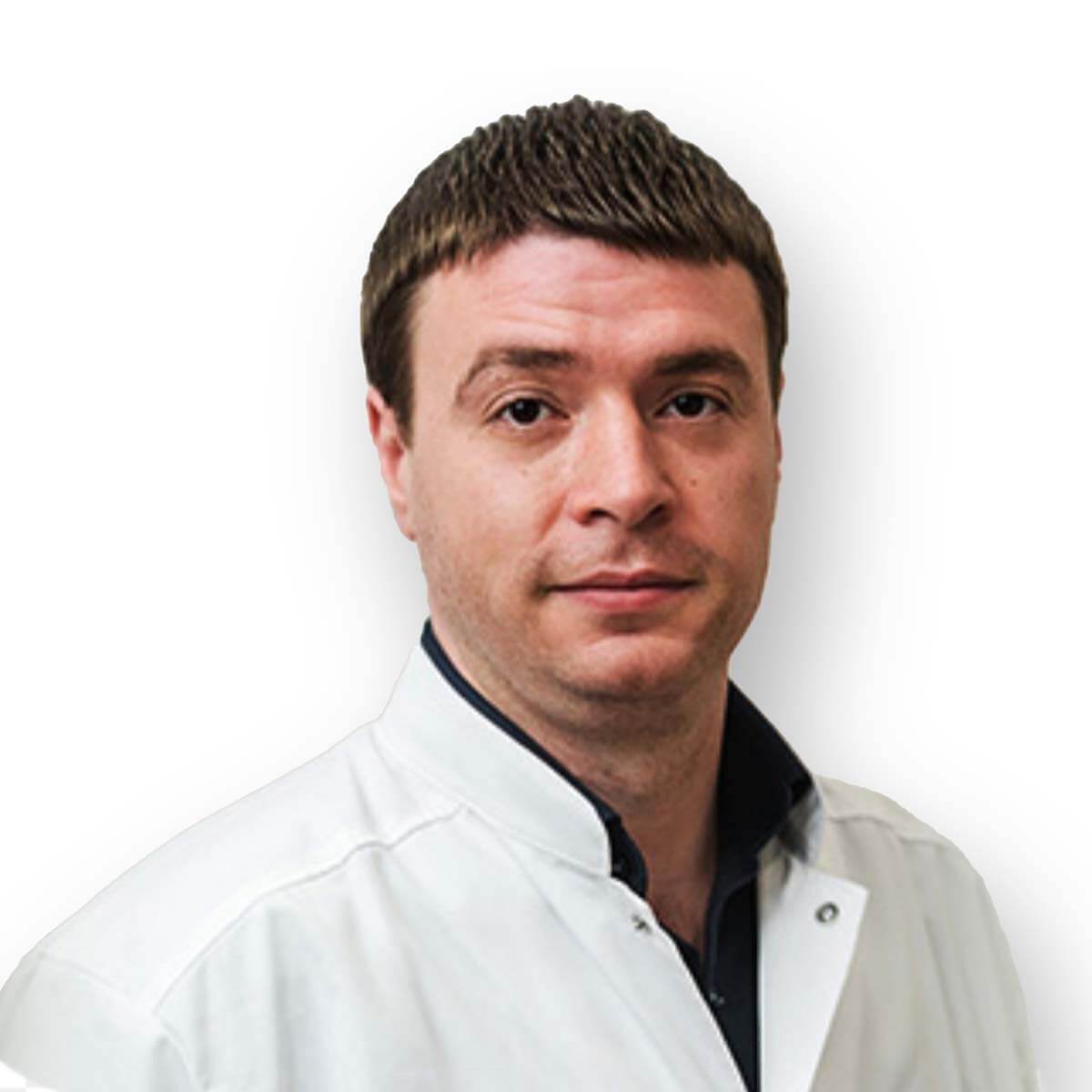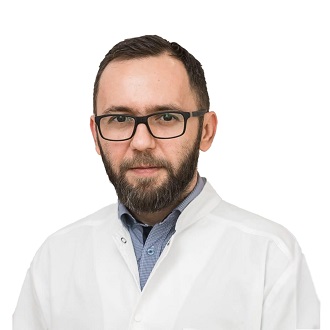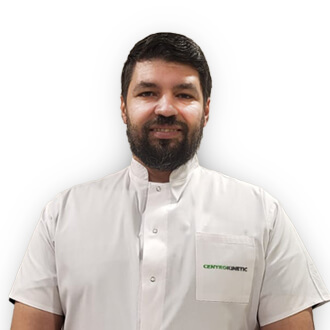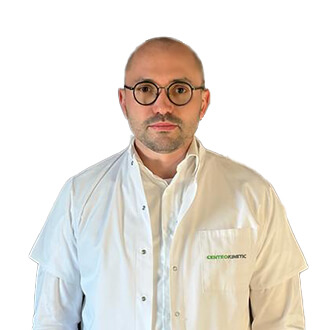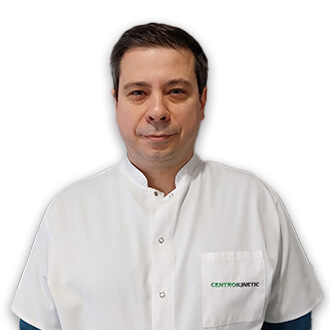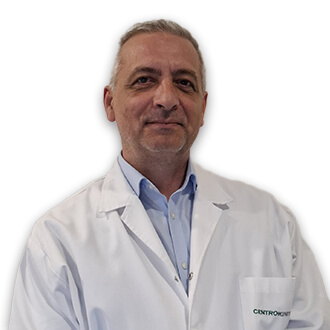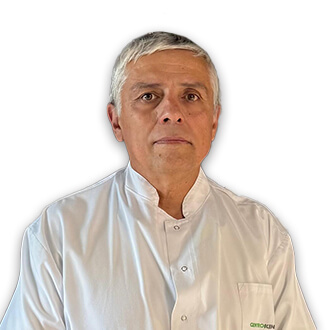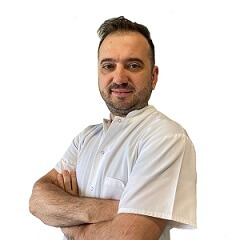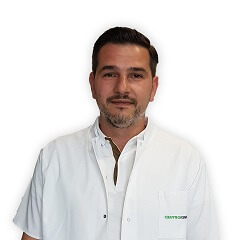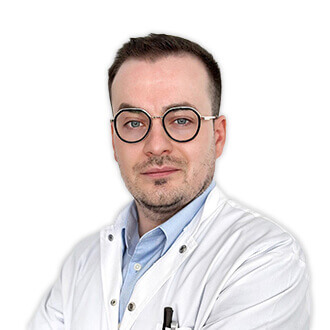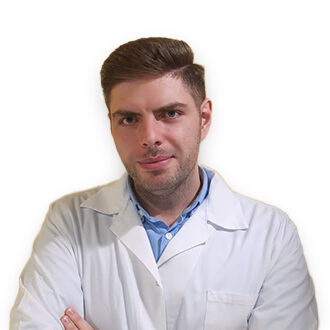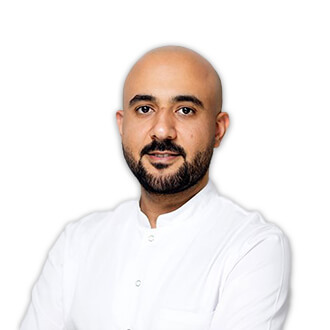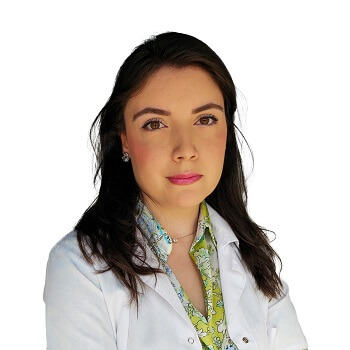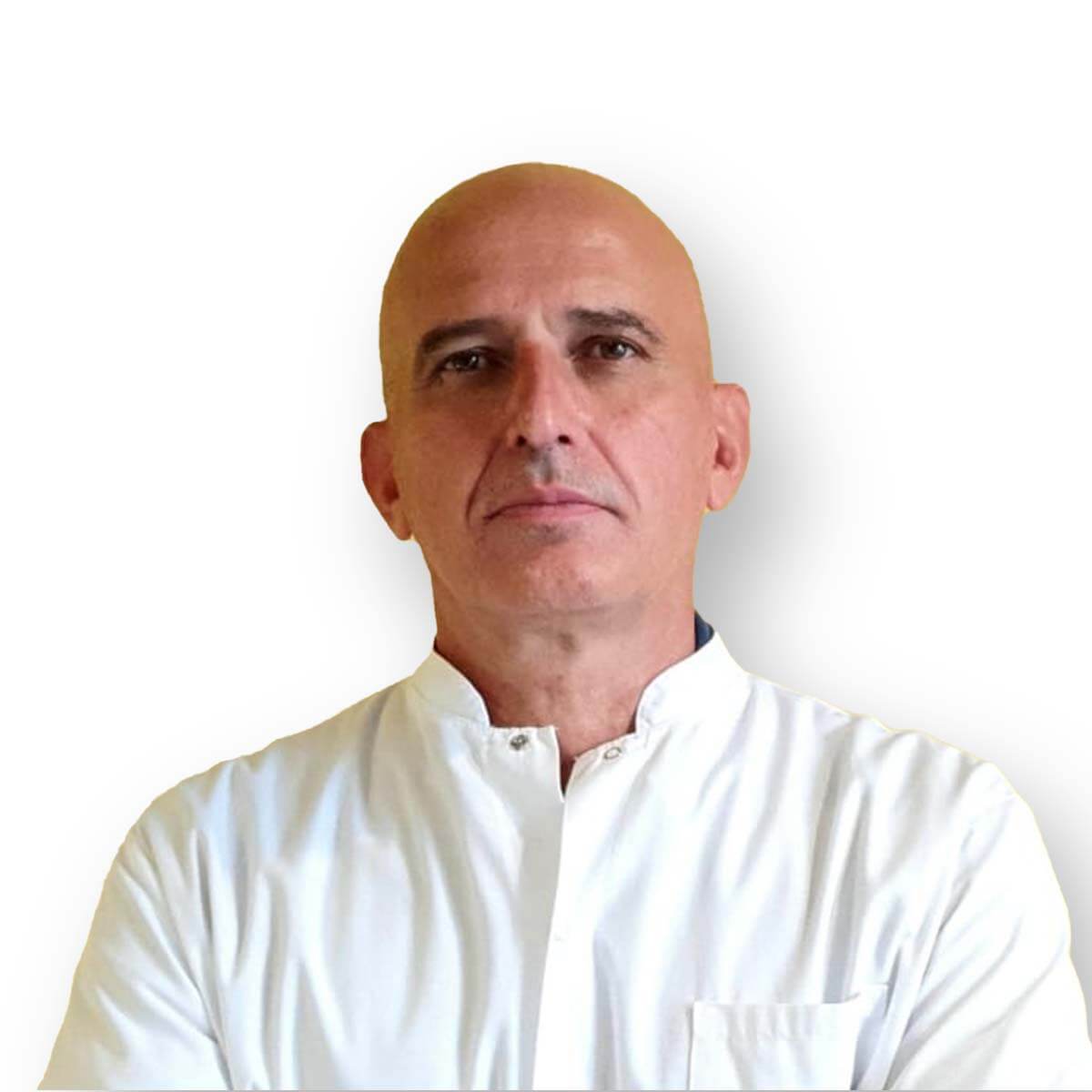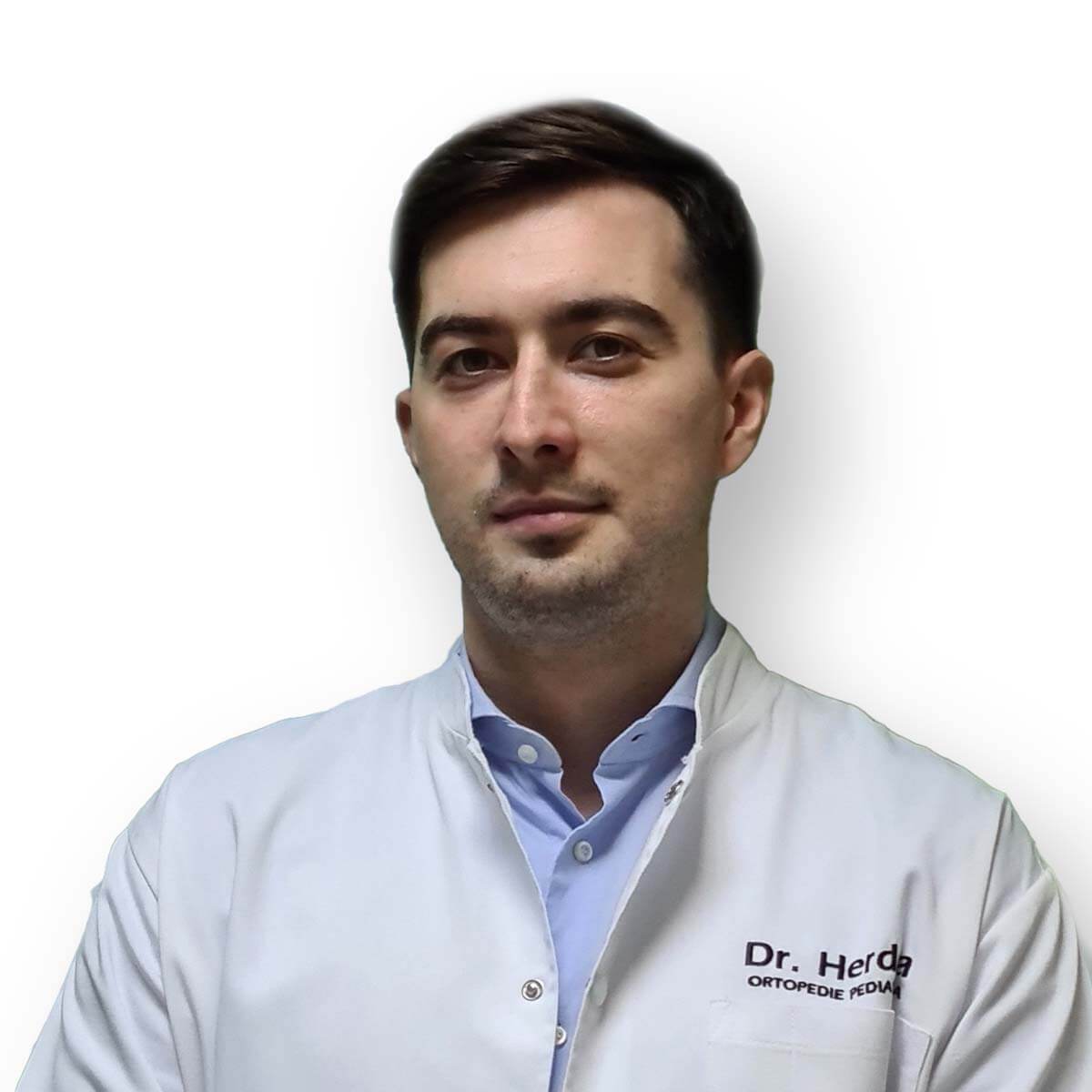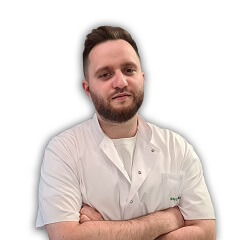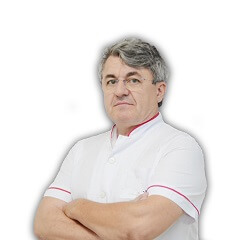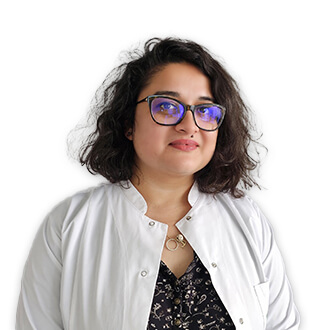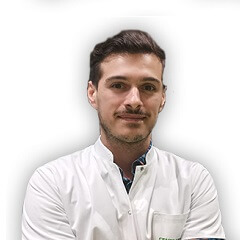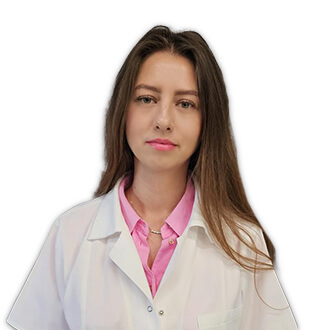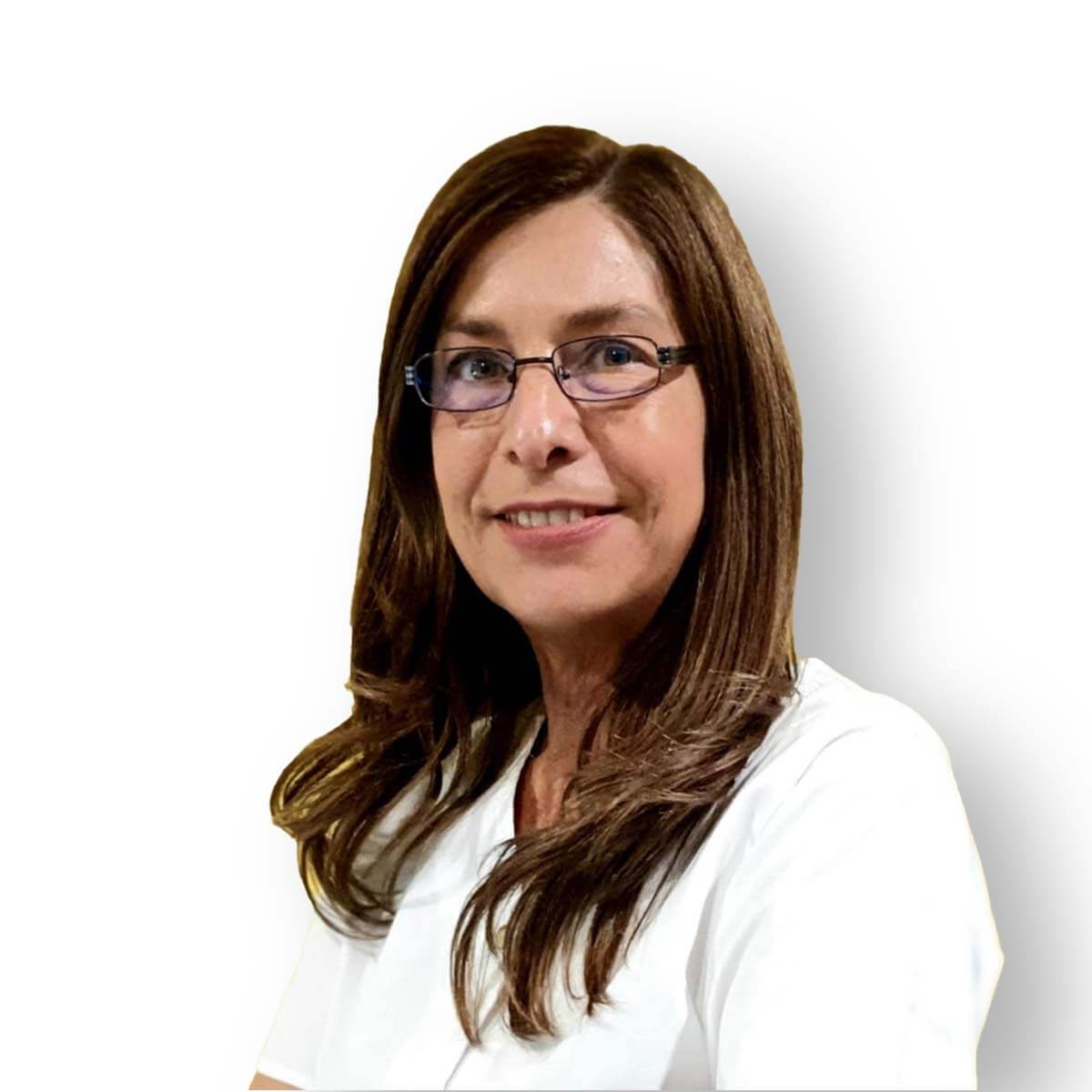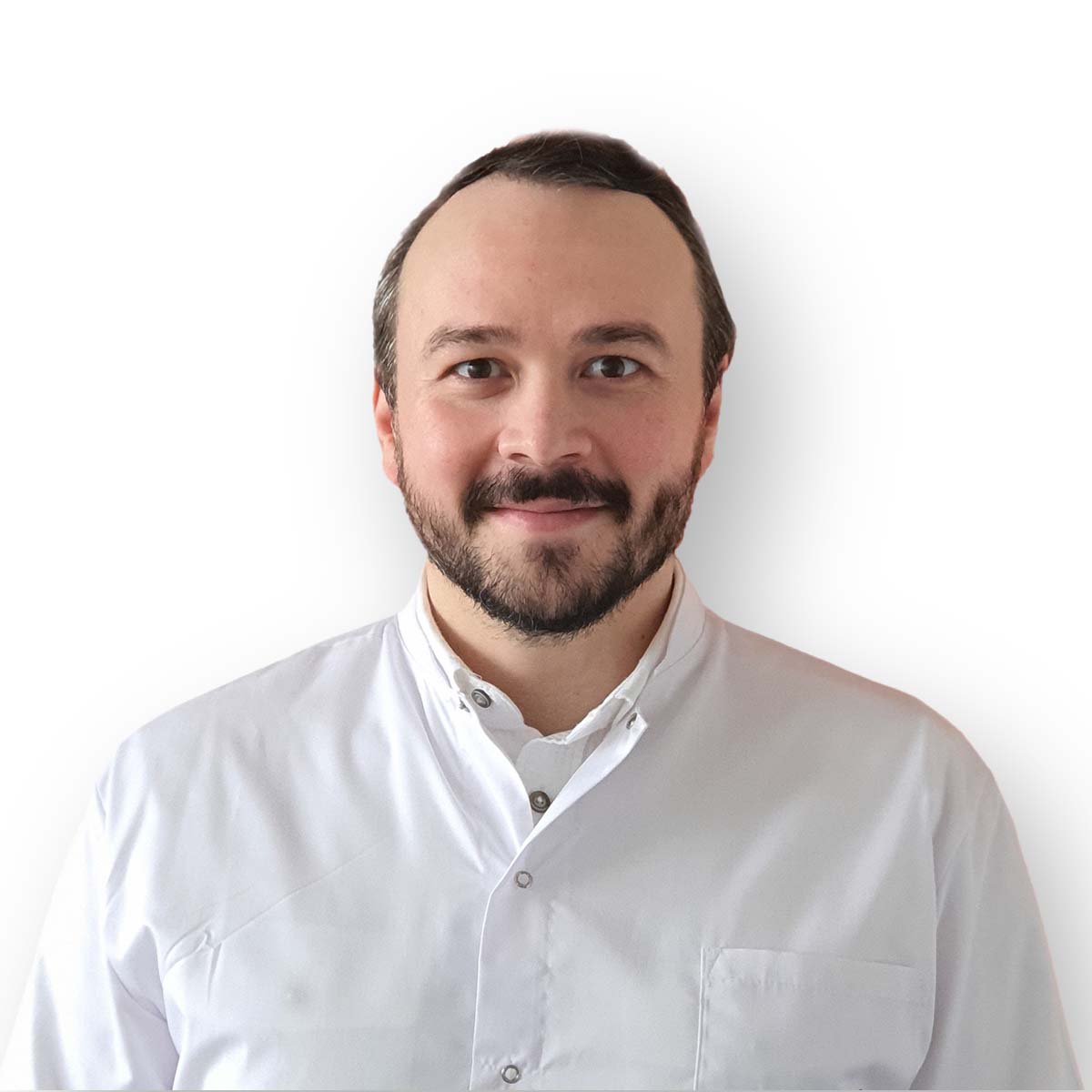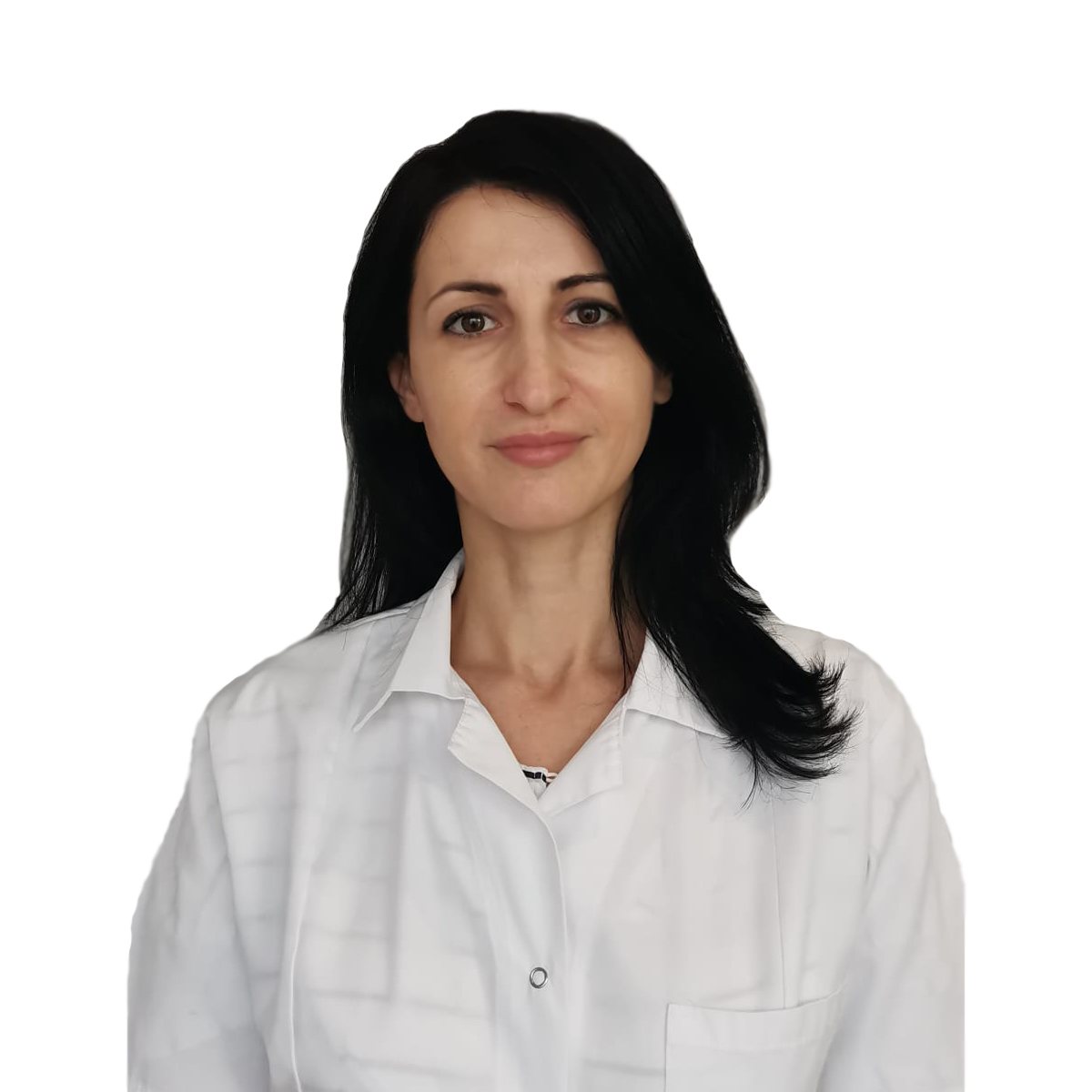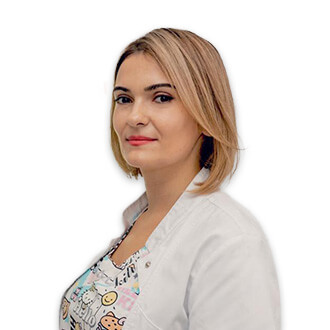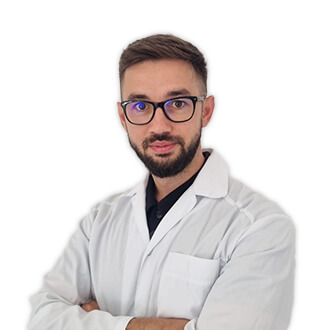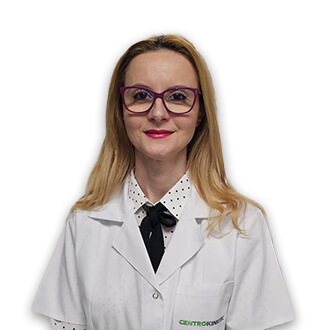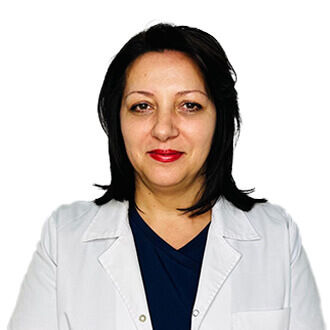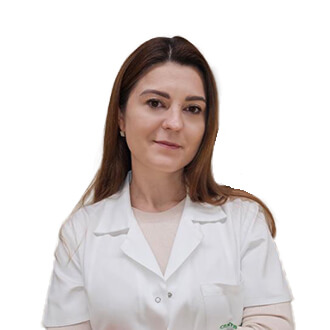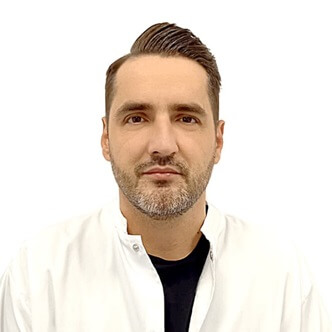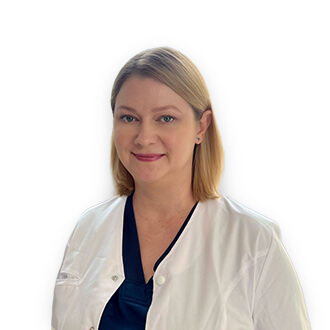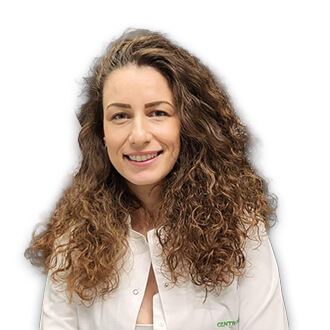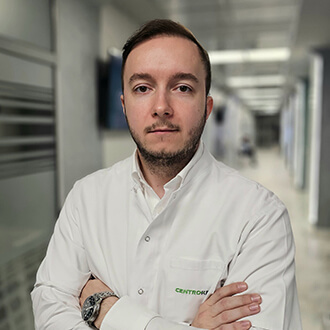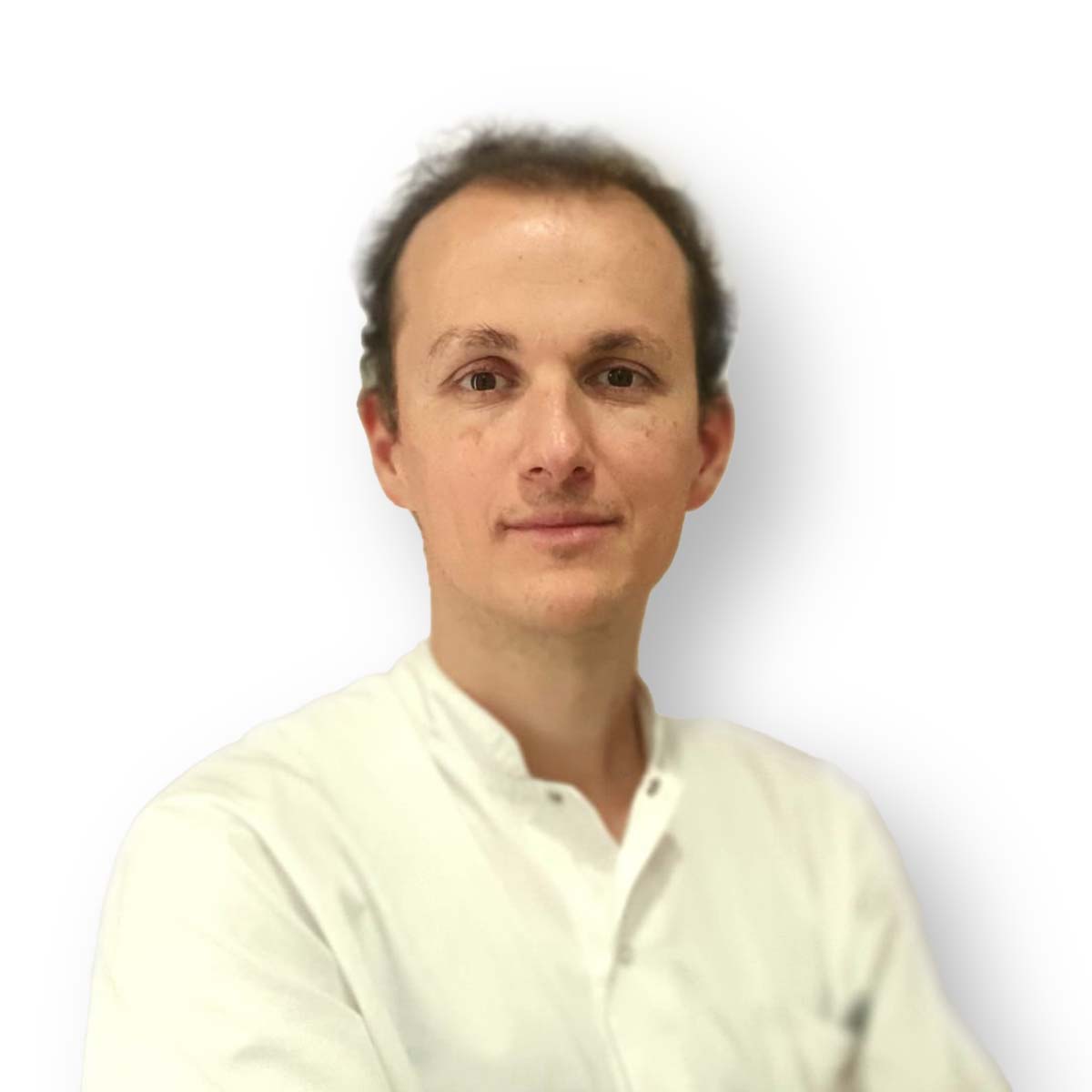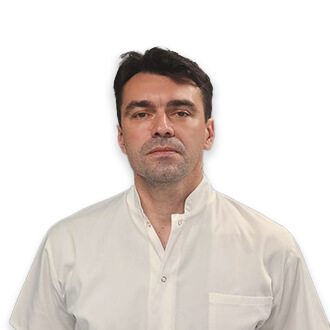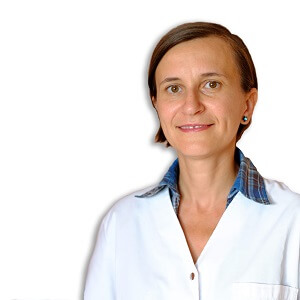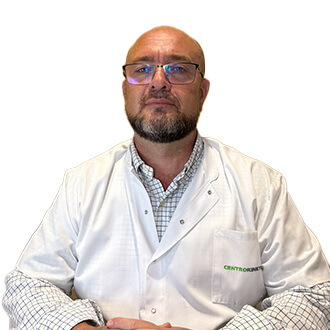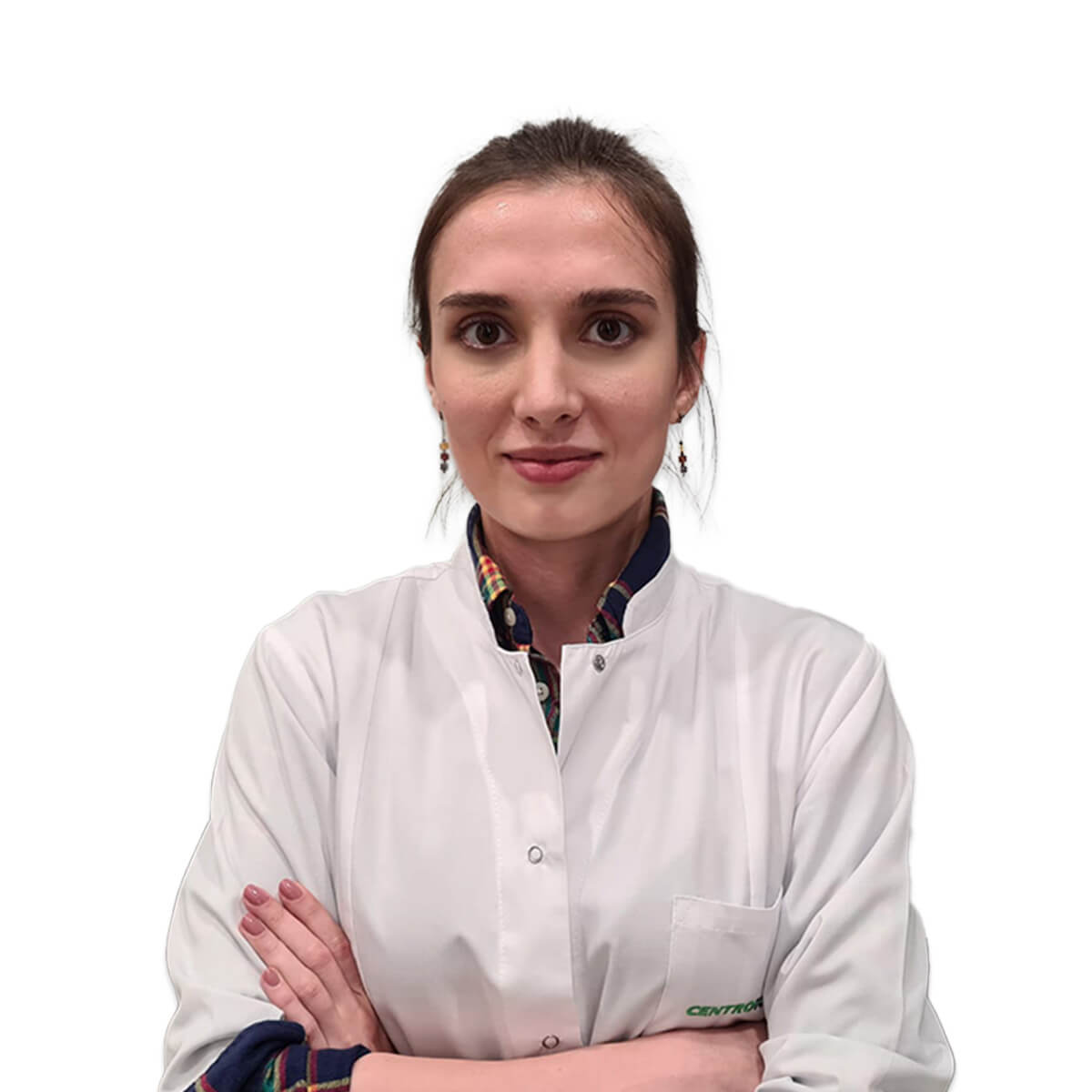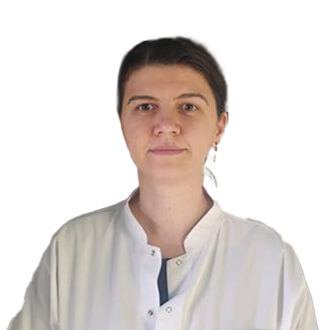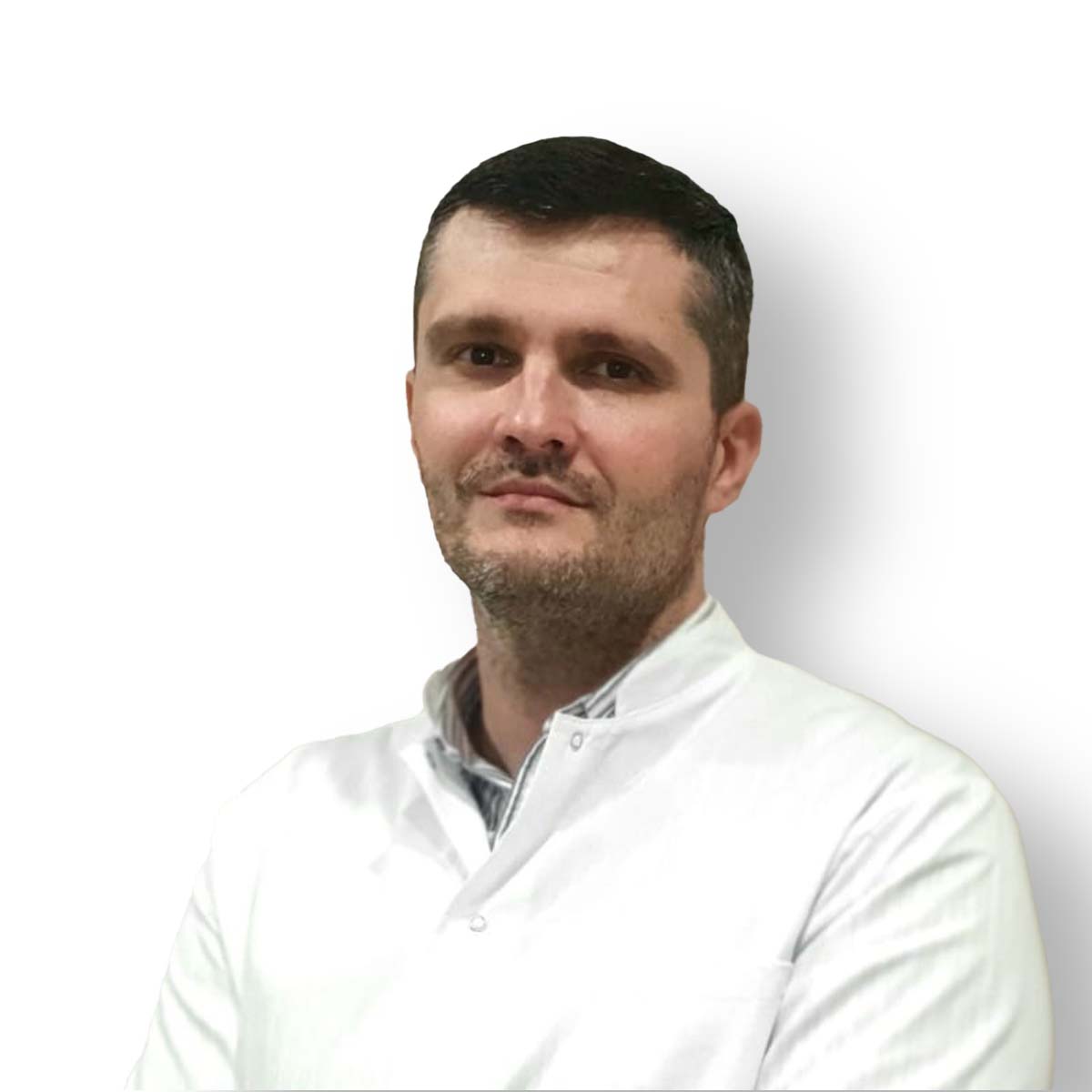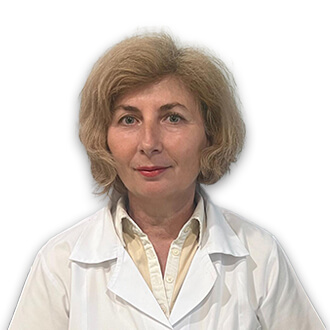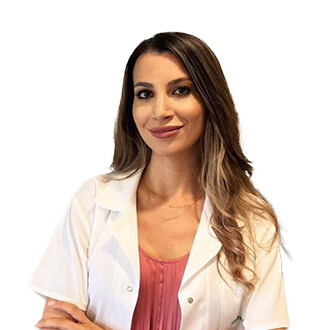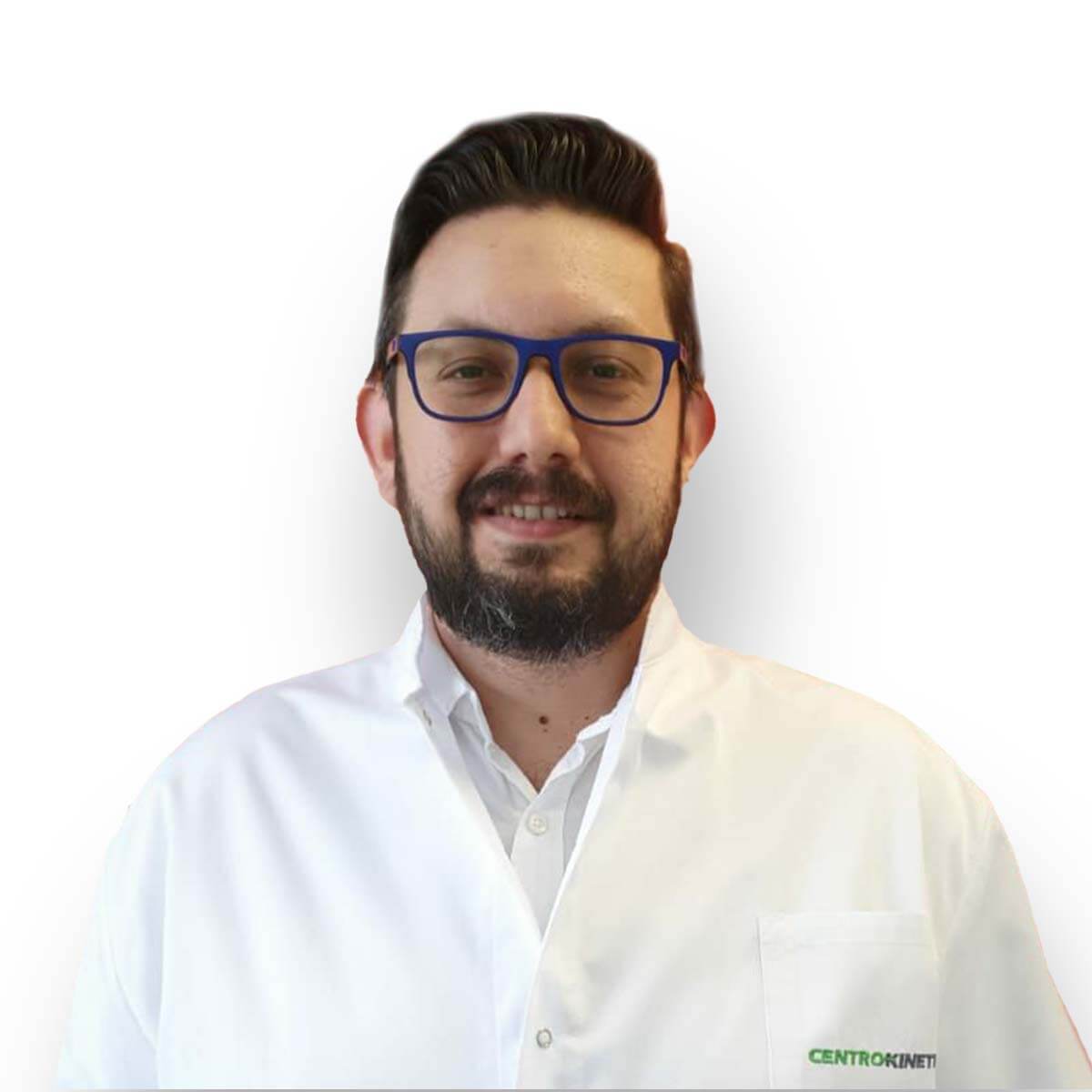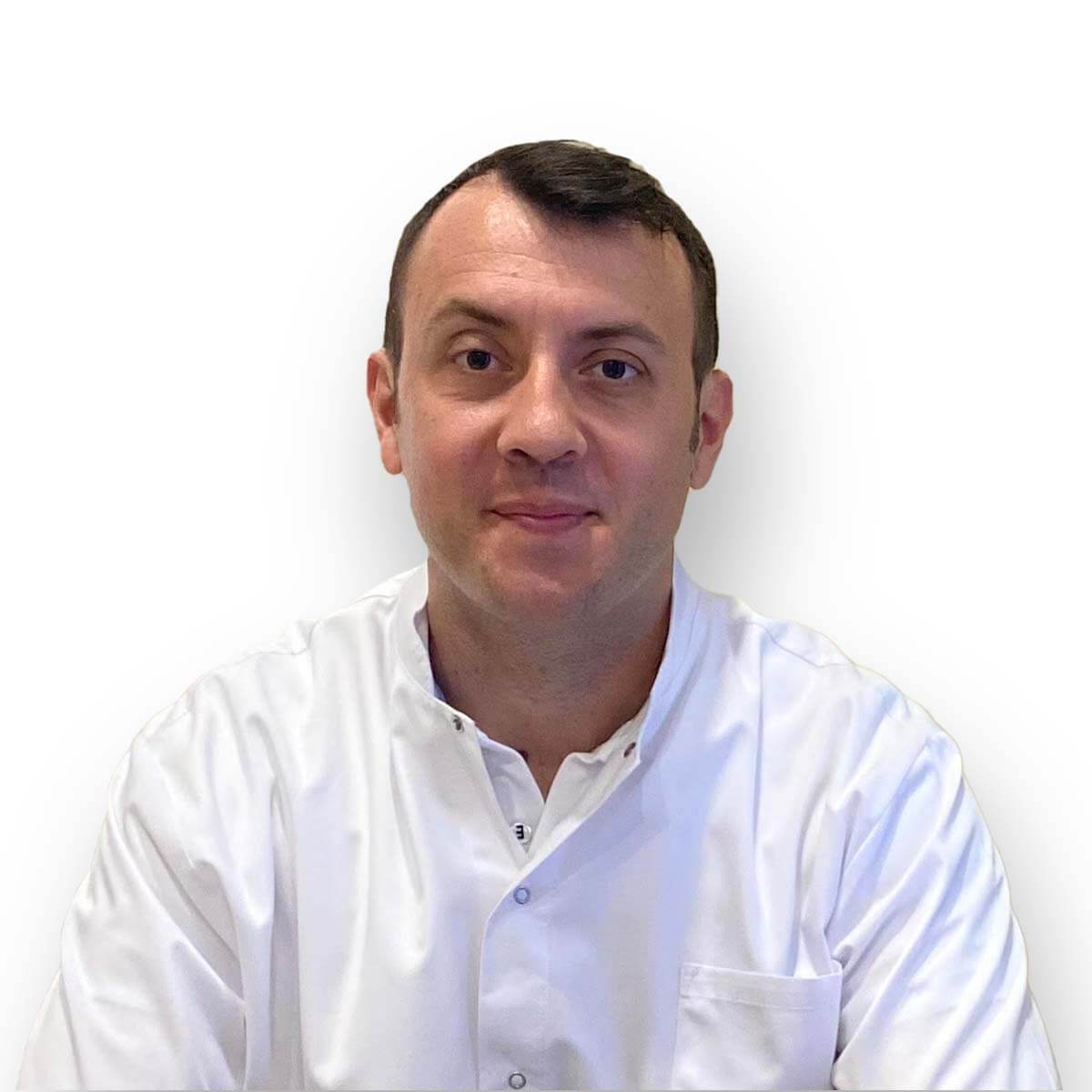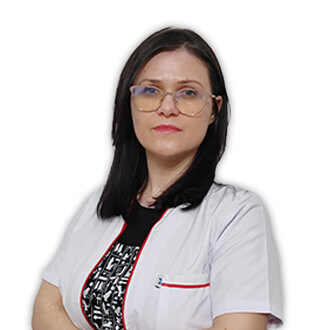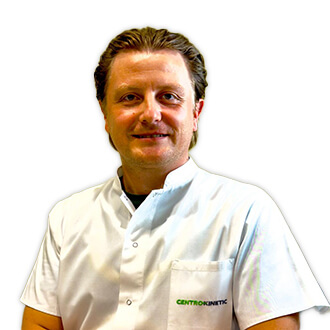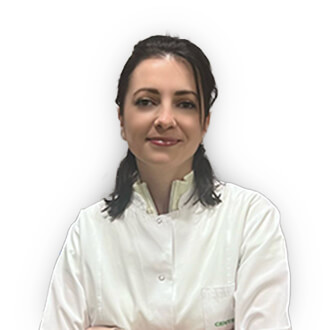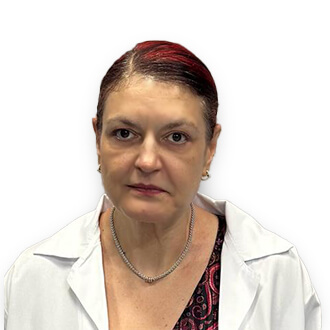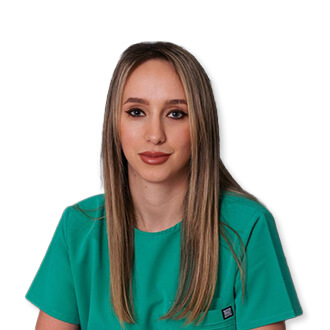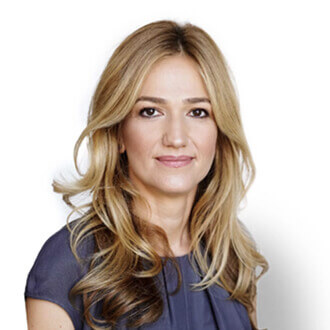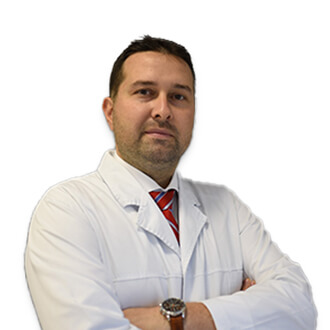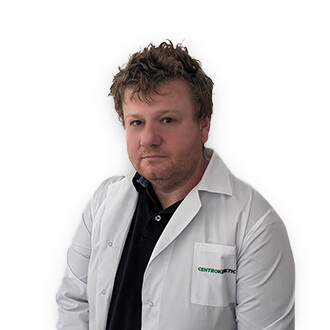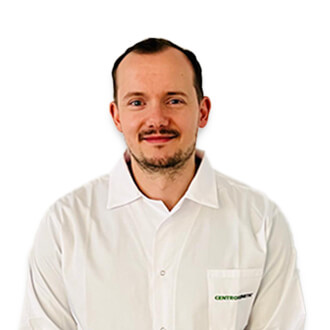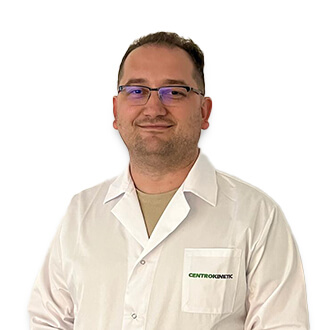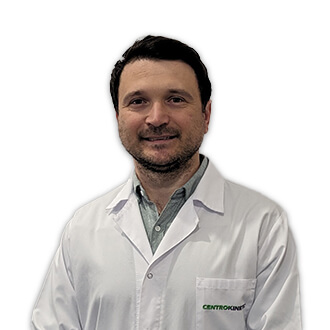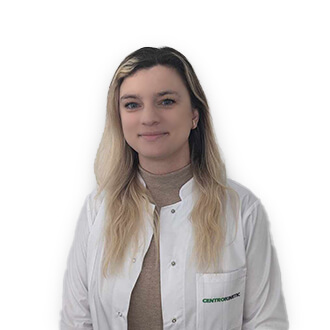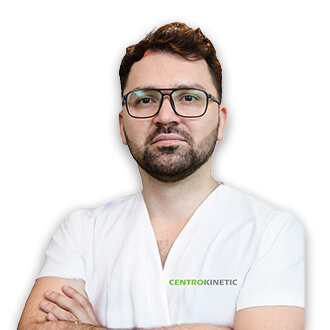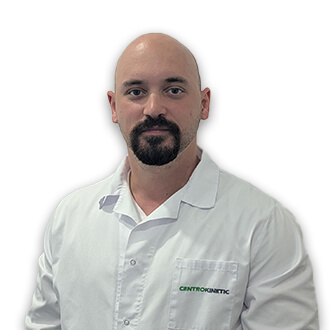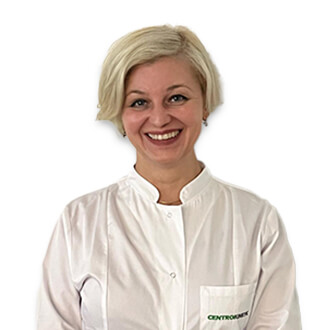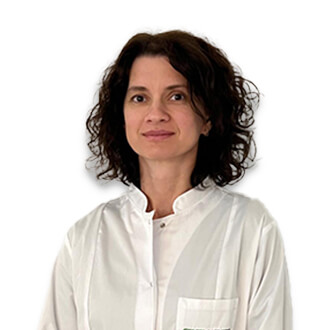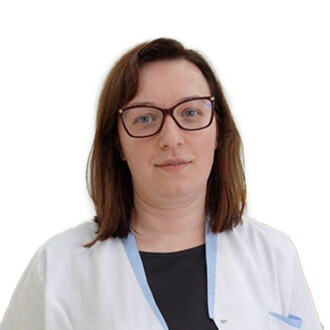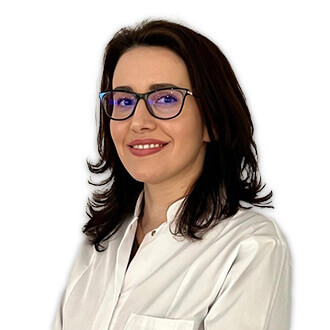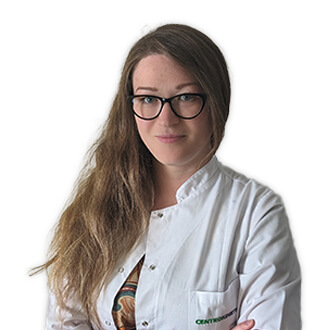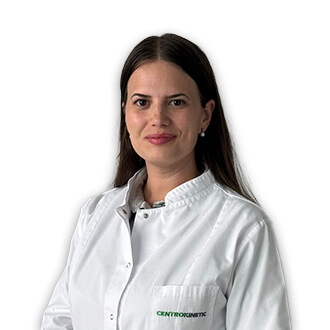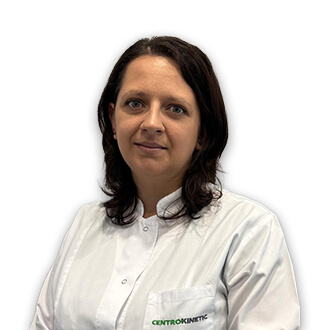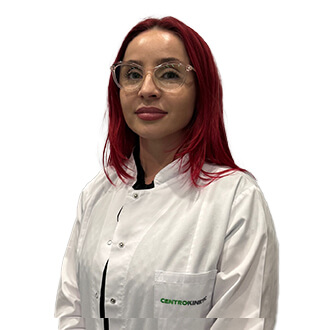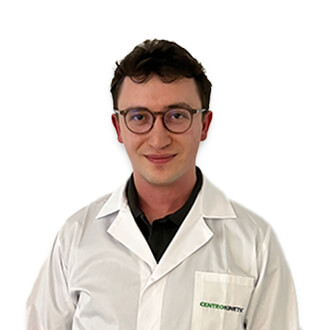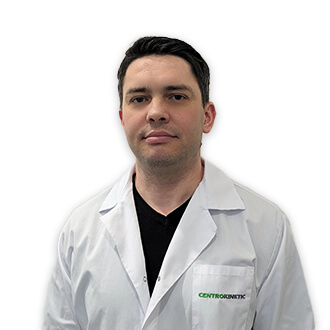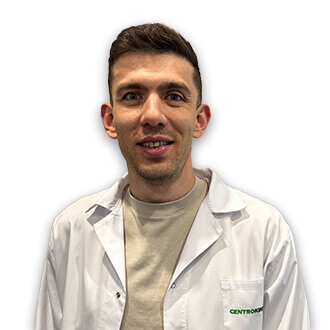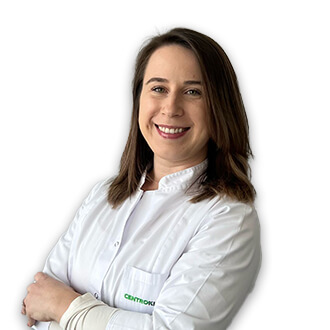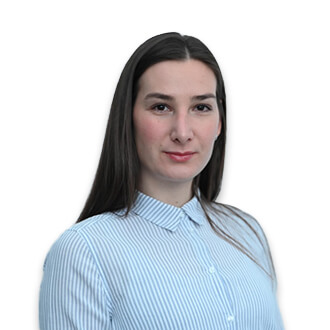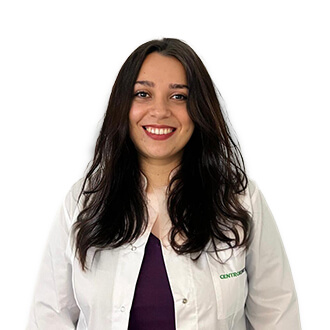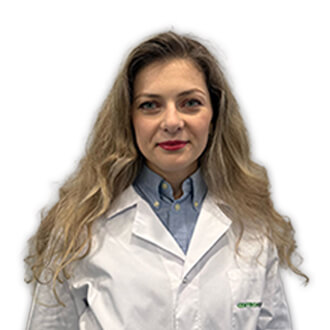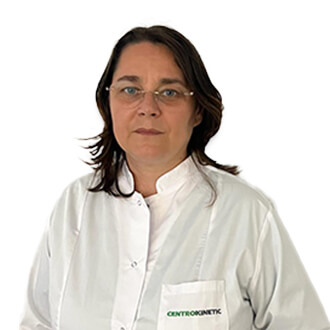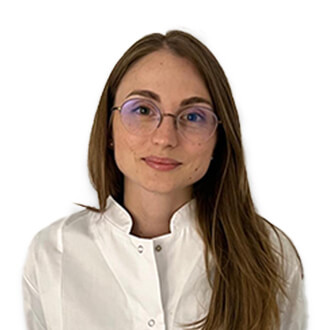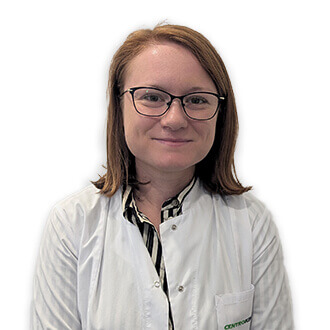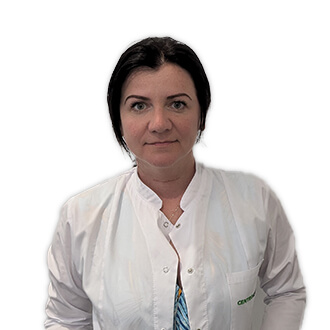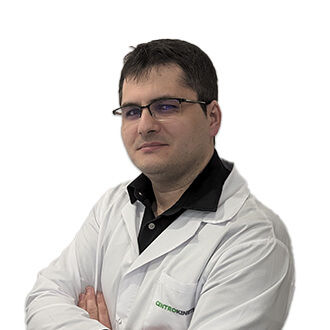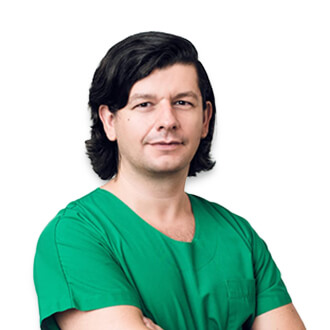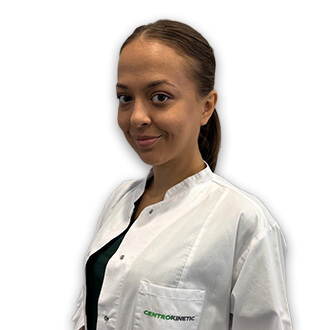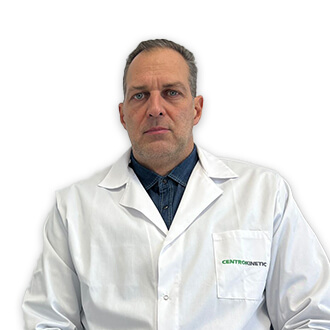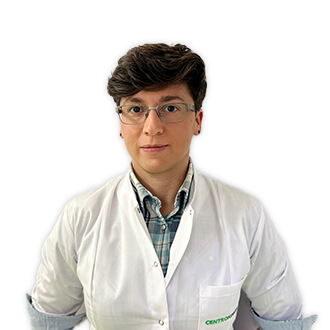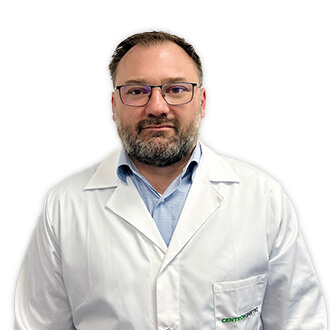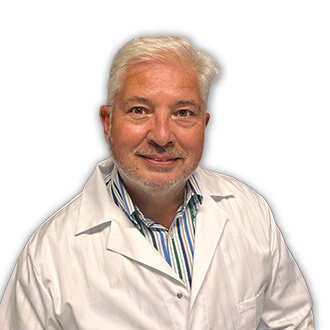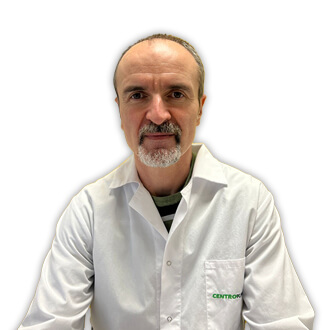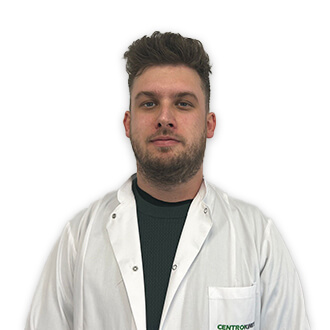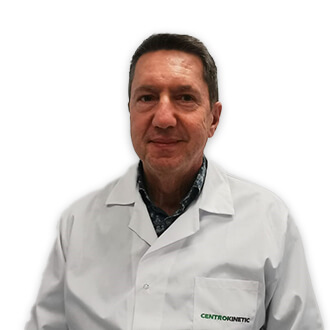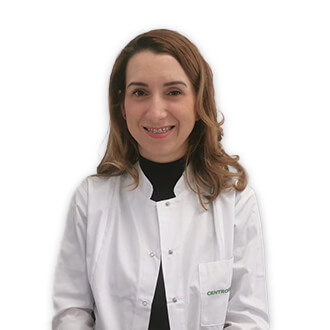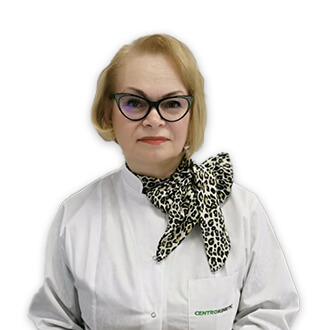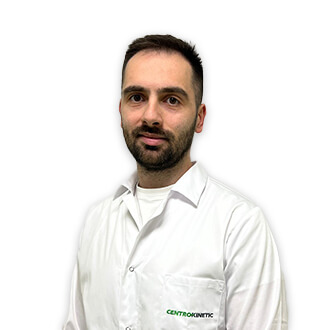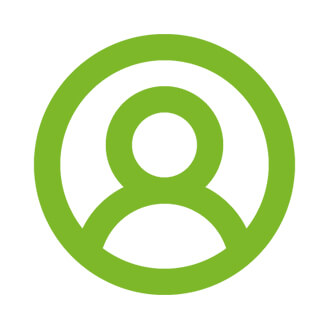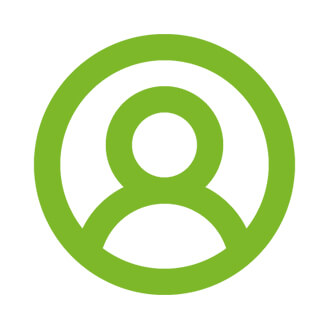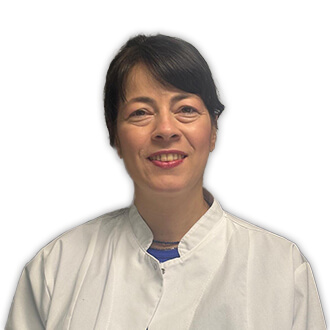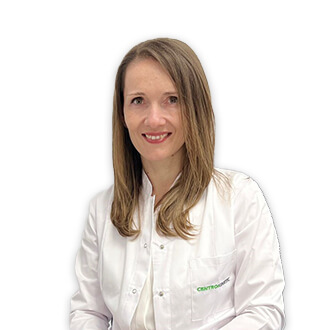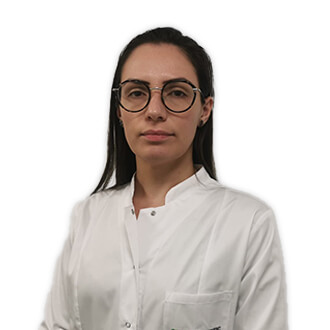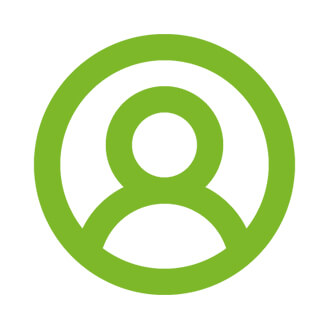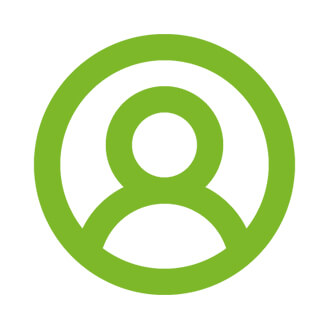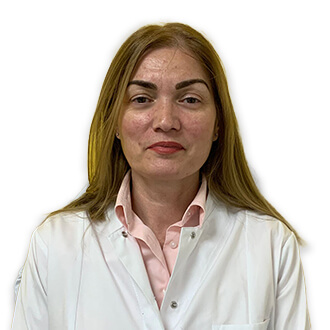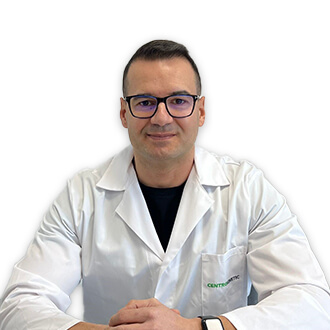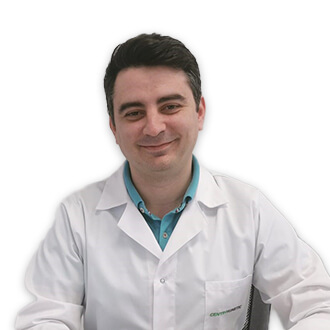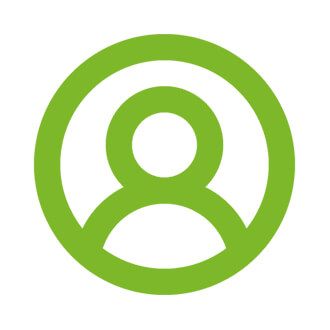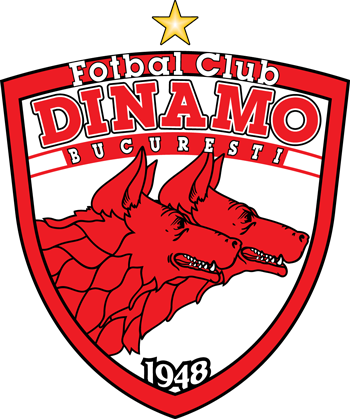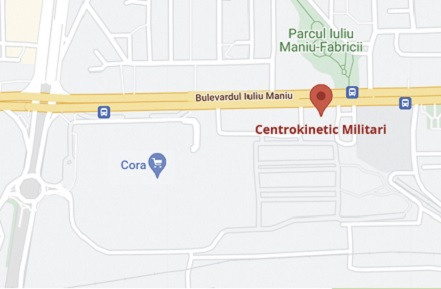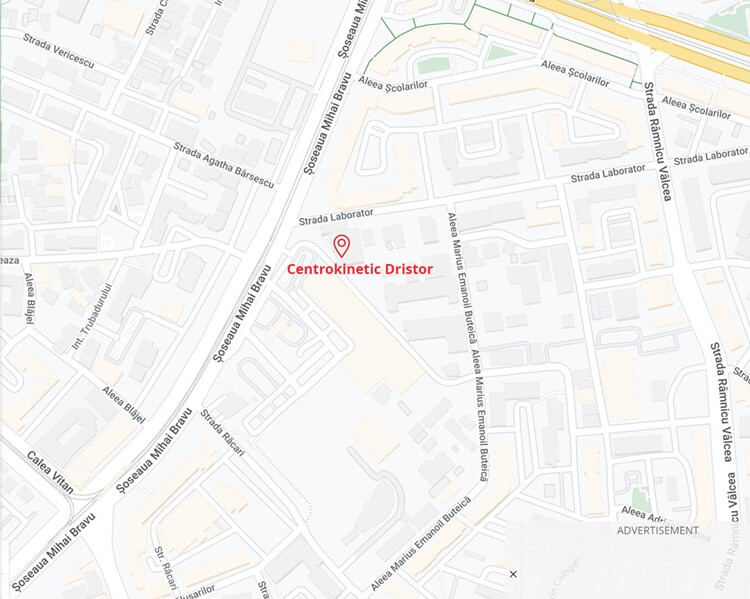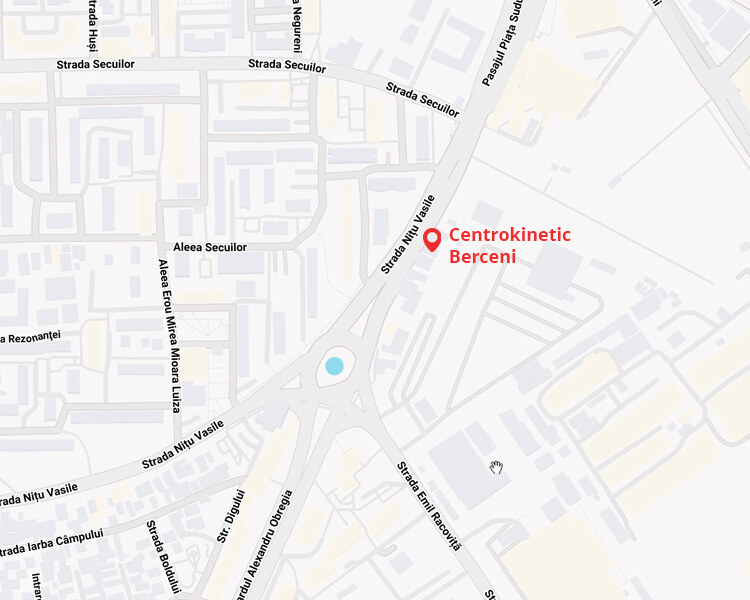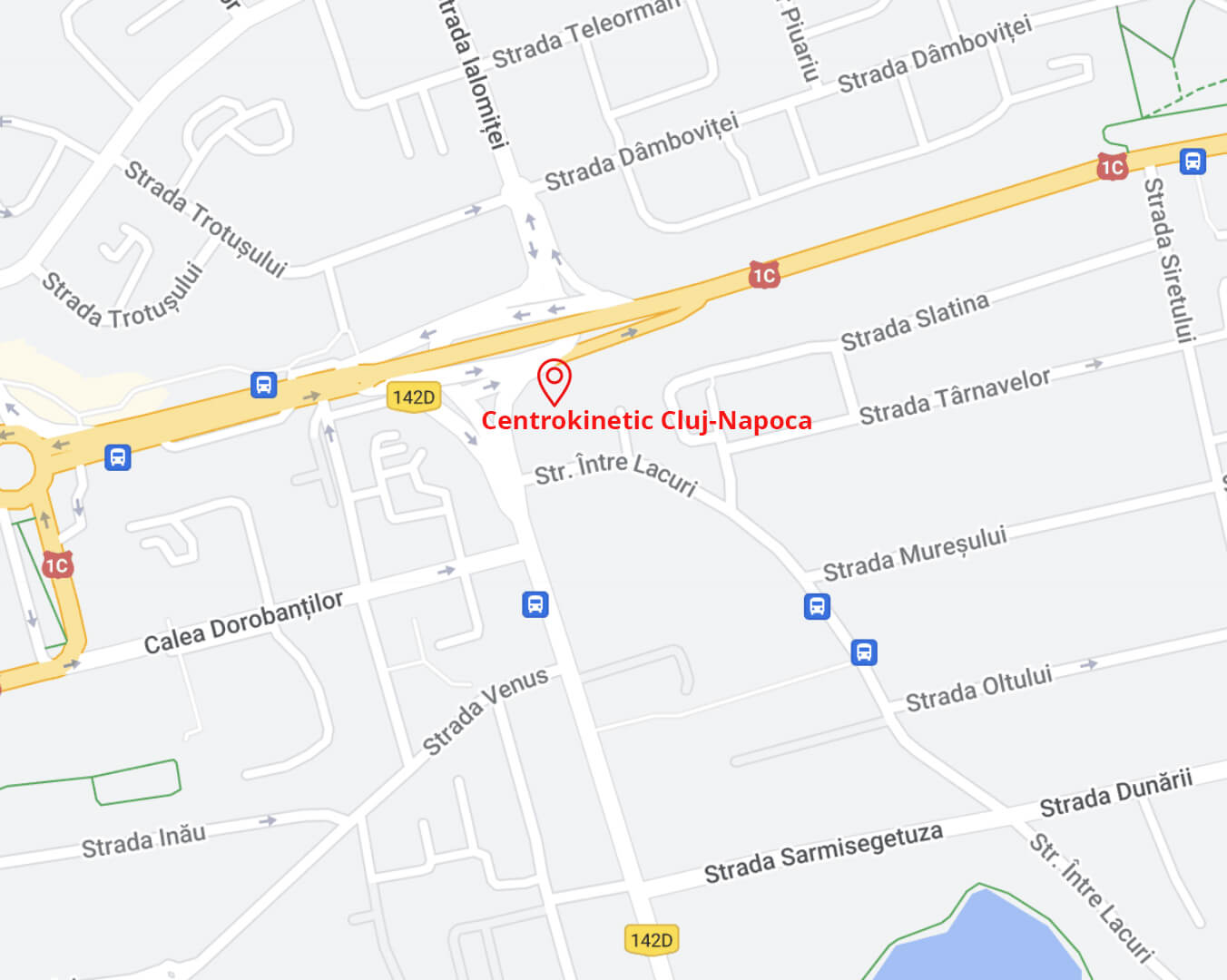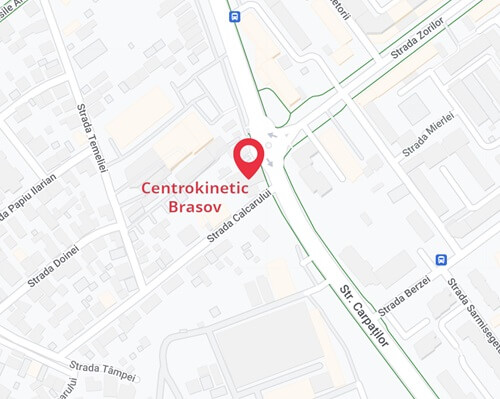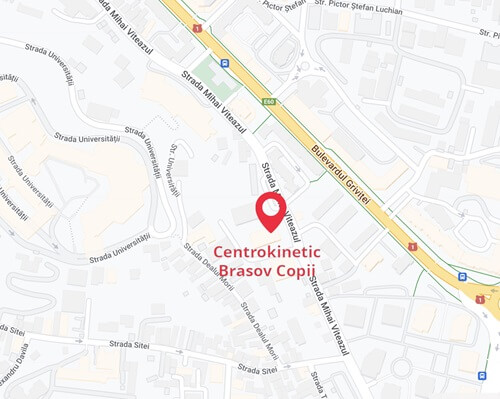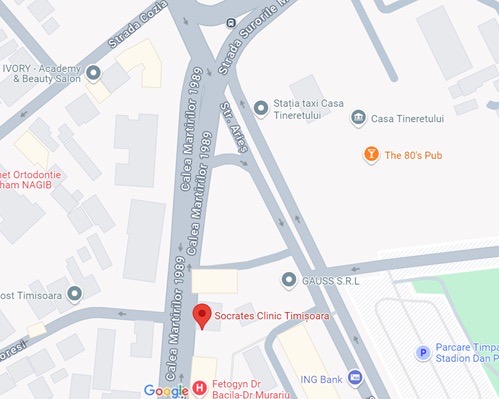.jpg)
For all traumatic or chronic diseases of the musculoskeletal system, the Centrokinetic private clinic in Bucharest is prepared with an integrated Orthopedic Department, which offers all the necessary services to the patient, from diagnosis to complete recovery.
The Department of Orthopedic Surgery of Centrokinetic is dedicated to providing excellent patient care and exceptional education for young physicians in the fields of orthopedic surgery and musculoskeletal medicine.
Centrokinetic attaches great importance to the entire medical act: investigations necessary for correct diagnosis (ultrasound, MRI), surgery, and postoperative recovery.
Discover the open MRI imaging center in our clinic. Centrokinetic has a state-of-the-art MRI machine, dedicated to musculoskeletal conditions, in the upper and lower limbs. The MRI machine is open so that people suffering from claustrophobia can do this investigation. The examination duration is, on average, 20 minutes.
The shoulder joint is the most mobile joint of the body, allowing extremely complex movements at this level. We can discuss 3 joints that form the scapular girdle:
- Scapulo-humeral joint
- Acromio-clavicular joint
- Scapulothoracic joint
Biomechanics or movements of the shoulder joint occur through a summation of movements, and the lack of normal functionality in one of the 3 compartments, will impact the entire scapular belt, appearing pain and functional impotence.
.png)
Acromioclavicular osteoarthritis is a degenerative disease that involves damage to the articular cartilage at the joint that forms between the scapula and the clavicle, the acromion being a bone, anatomical extension of the scapula. Osteoarthritis occurs especially in the elderly and the elderly, but can also occur in young patients who suffer violent or mild but repeated trauma.
Clinically, acromioclavicular osteoarthritis is manifested by pain in the front of the shoulder, usually at a fixed point, but may radiate to the entire shoulder.
.png)
The condition is irreversible and requires as a treatment, a minimally invasive, arthroscopic surgery. Shoulder arthroscopy is a procedure by which our medical team inspects, diagnoses, and repairs problems that exist intra-articularly. The word arthroscopy comes from 2 Greek words: arthro which means joint and shopein which means to look. The word arthroscopy means to look at the joint. Shoulder arthroscopy involves the introduction of a camera (arthroscope) into the shoulder joint, so it takes 2 or 3 incisions of a few mm to perform this operation. This minimally invasive method generates very little postoperative pain, and the recovery period is shortened.
Shoulder arthroscopy has been performed since 1970, and surgical advances occur annually through improved surgical instruments and the emergence of new surgical techniques.
Arthroscopy necessary to resolve acromioclavicular osteoarthritis initially involves investigating the shoulder joint to visualize the main anatomical elements (humeral head, glenoid cavity, glenoid labrum, upper, middle, and lower scapulohumeral ligaments, coraco-humeral ligament, subscapular ms, ms suprascapular) and the lesions described following the investigations performed by the patient (X-ray, ultrasound, MRI), respectively the acromioclavicular joint.
.jpg) | .jpg) |
The intervention involves arthroscopic resection of 4-5 mm from the 2 bone extremities, acromion, and clavicle, to increase joint space and decrease contact between the 2 bones or affected joint surfaces.
On average, the intervention lasts 1 hour, has a 1-day hospitalization, and is performed under general or loco-regional anesthesia, the anesthetist being able to perform latero-cervical anesthesia (on the side of the neck), under ultrasound control.
The first incision of about 5 mm in the postero-lateral area of the shoulder is made, and the camera is inserted, to inspect the shoulder joint and the acromioclavicular area. The posterior portal is placed 2 cm below the postero-lateral area of the acromion and 1 cm posteromedially from it.
Subsequently, a second incision is made in the anterior part of the acromioclavicular joint, placed as standard between the brachial biceps, the subscapular ms, and the humeral head. This portal can be made from inside to outside or vice versa. Care must be taken with the musculocutaneous nerve, located 1 cm medially and 3 cm distal from the coracoid process. The external technique is performed with a needle, which establishes the ideal position of the portal.
.jpg)
Post surgery
After the intervention, the patient remains hospitalized for 1-2 days. He will receive pain medication and antibiotics during his hospitalization. The operated limb is partially immobilized in a Dassault bandage for a few days.
At home
Although recovery from arthroscopy is much faster than a classic operation, it will still take a few weeks for you to fully recover your shoulder joint. You should expect pain and discomfort for at least a week postoperatively. Ice will reduce pain and inflammation.
You must be careful not to sleep on the operated shoulder in the first weeks because the pain and discomfort can worsen. You can take a bath, but without wetting the bandage and incisions. The threads are suppressed at 14 days postoperatively. Physical therapy plays a very important role in the rehabilitation program, and the exercises must be supervized by a physical therapist until the end of the recovery period.
It is very important to follow the recovery program strictly and seriously for the surgery to be a success. Our medical team works on average with the patient after this intervention, 8-12 weeks until the complete recovery of the shoulder.
Following any surgery, medical recovery plays an essential role in the social, professional, and family reintegration of the patient. Because we pursue the optimal outcome for each patient entering the clinic, recovery medicine from Centrokinetic is based on a team of experienced physicians and physical therapists and standardized medical protocols.

MAKE AN APPOINTMENT
CONTACT US
MAKE AN APPOINTMENT
FOR AN EXAMINATION
See here how you can make an appointment and the location of our clinics.
MAKE AN APPOINTMENT

